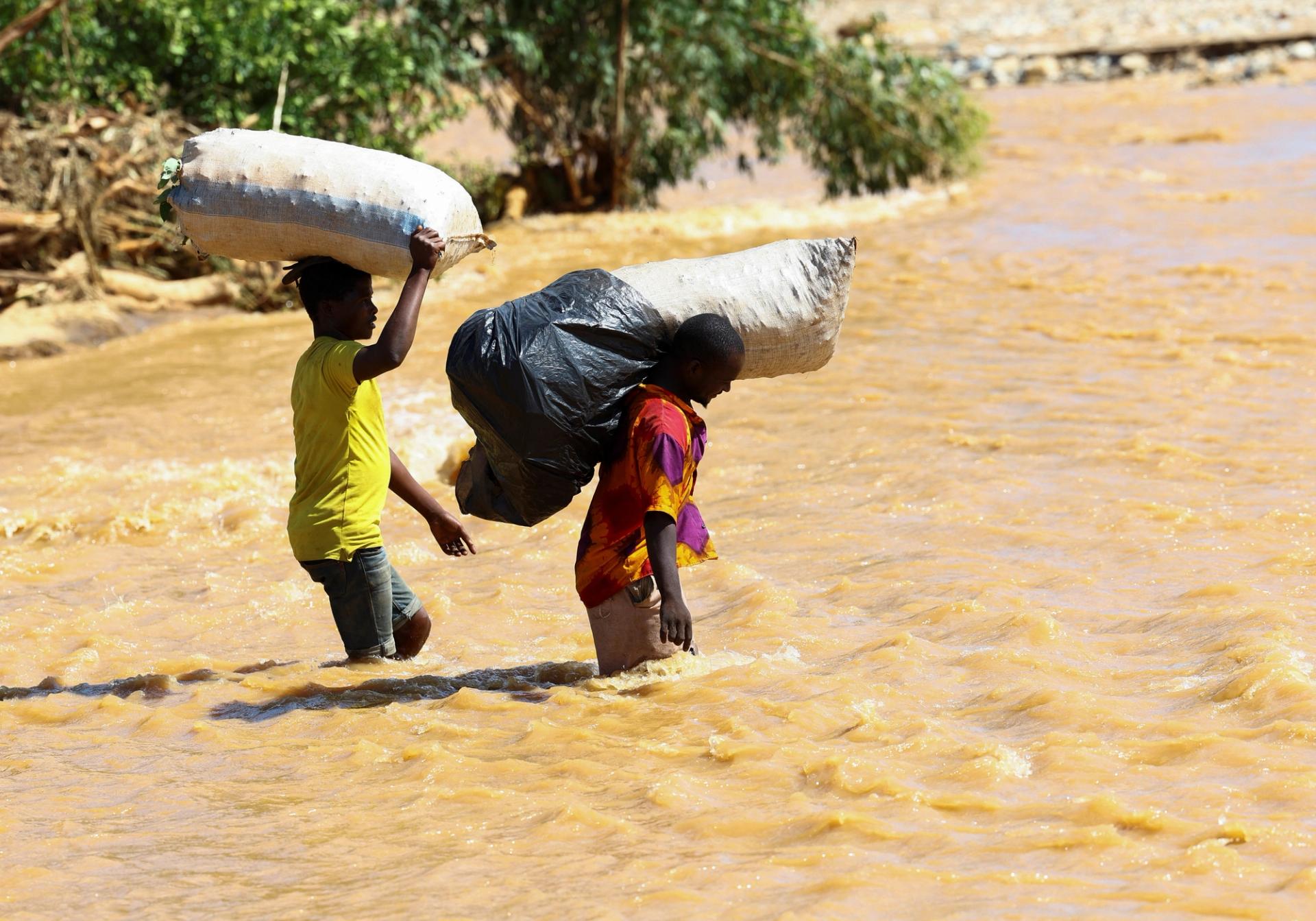The News
Sub-Saharan Africa is particularly vulnerable to waves of displacement from global warming and extreme weather events, warns the United Nation’s latest report on climate change. It says an absence of concerted investment in adaptation methods will increase damages.
The UN’s Intergovernmental Panel on CIimate Change (IPCC) this month reiterated the many ways in which human activity has caused climate change, noting specifically that Africa, Asia, Central and South America, and small island states have been most adversely affected. Of particular concern is the assessment that funding to help affected communities currently “falls short.”
Know More
The report does not go into specific climate challenges in African countries, like in Malawi where a deadly cyclone has killed over 500 people this month after ravaging much of the country. But its warning of the potential for more displacement is validated by the ongoing turbulence. The UN’s International Organisation for Migration says half a million people have been displaced in Malawi, with neighbors Mozambique and Madagascar experiencing similar devastation.
Displacement due to climate change “disrupts social connections and community cohesiveness, putting additional pressure on resources in the receiving areas,” Christopher Trisos, a climate scientist in South Africa and co-author of the latest IPCC report, told Semafor Africa. While migration can be effective for climate adaptation, institutions, governments and people must be provided with sufficient resources, Trisos said.
Financial support remains a thorny subject, however. A UN fund being created to distribute money from richer to low-income countries impacted by climate change is splitting opinion among climate negotiators. But adaptation cannot rely on public funding alone; over 90% of funding already comes from the public sector, Trisos said. “The private sector today has not invested much, especially not for the most vulnerable people in Africa.”
The IPCC report says innovations in African capital markets where regulators consider climate change in company filings can provide the money to scale-up mitigation. “Financial regulators like central banks can send strong signals by prioritizing climate action and policy frameworks that enclose the private sector to disclose their climate risk,” Trisos said.
Notable
- African countries have only received 12% of the funding needed for climate change adaptation, according to the Climate Policy Initiative’s latest tally based on 2020 data.
- Researchers attributed the seasonal floods that displaced over 1 million people in Nigeria last year to the worsening effects of climate change. The excess rainfall that sparks such floods is 80 times more likely to occur, the World Weather Attribution group said.
